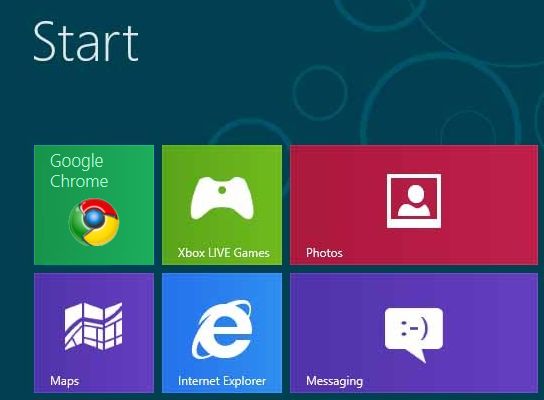

The launch of Microsoft’s latest operating system, Windows 8, is a potentially risky move for the software giant, according to IT research firm Gartner.
With mobile devices and experiences rapidly altering the way people live and work, Microsoft is adopting a more tablet-like interface to help it stay relevant, but could fall into the same trap as it did with Windows Vista, which Gartner estimates just 8 percent of PCs run by Gartner clients ran Vista at its peak.
“When the PC dominated personal computing by providing a single device for messaging, Internet access, gaming and productivity, Windows was a powerhouse for Microsoft,” Michael Silver, vice president and distinguished analyst at Gartner, said in a prepared statement. “However, smartphones and tablets, led by the iPhone and iPad, have changed the way people work, making the PC just one of several devices people use. The PC is increasingly simply a peer with other devices.”
Many large technology companies, such as Hewlett-Packard, are already rolling out a number of new Windows 8-loaded PCs, including a new EliteTab tablet, which will be revealed next month, and a convertible laptop/tablet with a removable screen.
Dell also recently unveiled a notebook, tablet and desktop PC running Windows 8 for business users in anticipation of the 26 October launch of the software.
“Microsoft’s approach is very different from Apple’s and Google’s, where phones and tablets have much more commonality than PCs and tablets. This plays to Microsoft’s strength in PCs, leveraging it not only to enter the tablet market, but also to improve its share of the smartphone market,” Silver said.
“Windows 8 has been released to manufacturing and will be formally launched in October, but the reality is that most organisations are still working on eliminating Windows XP and deploying Windows 7. Organisations will need to decide whether they continue with Windows 7 and/or consider Windows 8.”
How much do you know about YouTube? Take our quiz.
E-commerce giant faces another unionisation move, with workers at North Carolina warehouse set to vote…
Supreme Court in US on Friday is to hear oral arguments that could well decide…
Jeff Bozos challenge to SpaceX's Falcon-9 heavy lift rocket, the New Glenn rocket, to make…
As US ban looms this month, TikTok faces a buyout offer for its US assets…
Bending the knee continues from the tech industry, as Alphabet's Google becomes latest to make…
Software and cloud giant Microsoft confirms it is cutting a small percentage of jobs across…